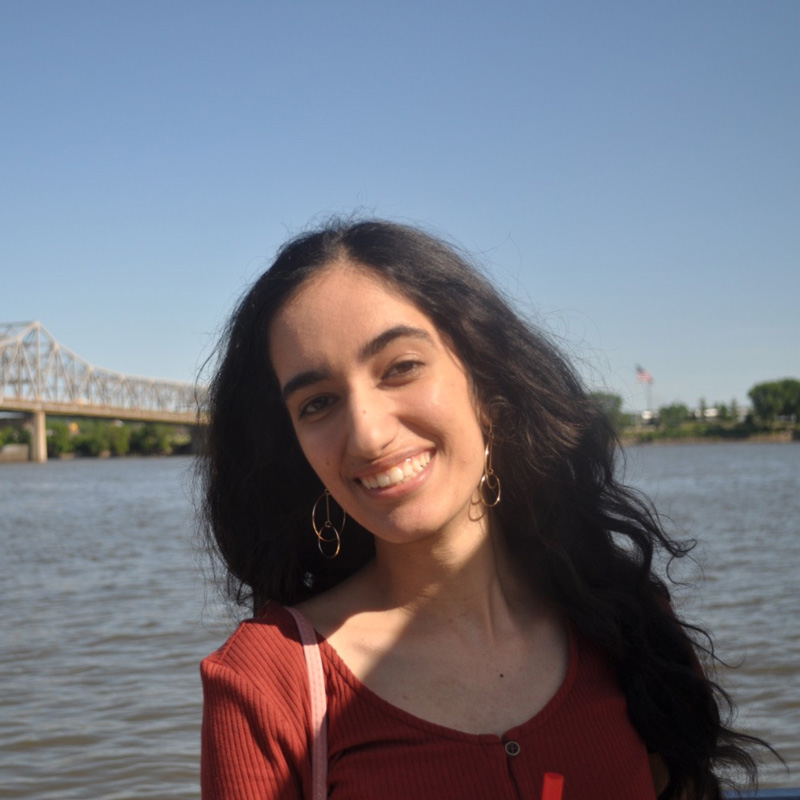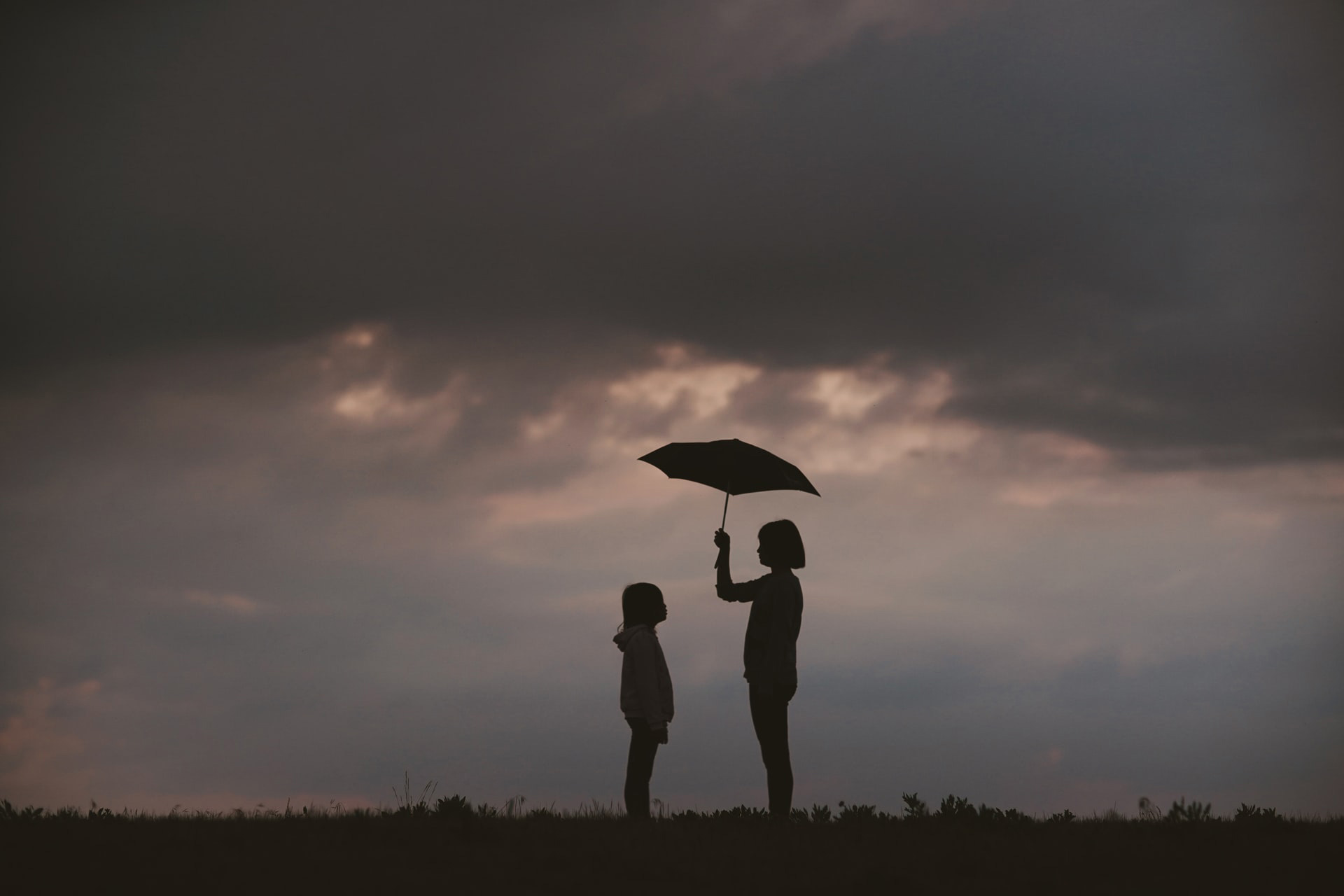Empathy Transforms Communities
by Kratika Tandon
The question “What does our community need the most?” is a difficult one to answer. The responses are always different, usually catered towards the individual themself or based on what has affected them the most. People offer ideas like food, housing, and education. While these are all crucial to a functioning and healthy society, I believe that the most important thing that a community can haveis empathy. We need to understand that every person has different needs. Rather than focusing solely on what holds importance or applies to us, it’s crucial to sympathize with the experiences and needs of others. Without empathy, we are nothing. We aren’t a community; rather a clustered group ofindividuals simply coexisting. In this world where so much information is at our fingertips, it can become overwhelming—and it’s far too easy to turn a blind eye to injustices that people around us are facing. It is a problem that many face in our generation.
Our communities are starved of compassion and empathy. According to Dr. Jill Suttie’s UC Berkeley article, “Why the World Needs an Empathy Revolution,” empathy requires an ability to perceive one another’s feelings, to imagine why they might feel in such a way, and to be concerned for their wellbeing. She continues to simplify these three aspects of empathy as containing emotional resonance, a cognitive component, and concern. If individuals in our communities are empathetic, we can put our energy towards a multitude of different projects working for the betterment of the people. This is more efficient than only petitioning for what matters to us, because if we take on a self-serving outlook on life, all progress that we make will be hindered. Striving for a more empathetic community isn’t a futile vision-it’s something that can be easily implemented. The most important thing we individuals can do to become more compassionate towards others is just to take a personal interest in the people around us. We need to talk to our neighbors, call our friends, and go out of our way to listen to people’s stories. Taking a special interest in the lives of those around us helps us become more mindful of others and helps them feel like they matter. By taking small steps like these, we can continue to grow and nourish our communities to reach their fullest potential.
About Kratika Tandon

Kratika Tandon is an incoming freshman at the University of Illinois at Urbana-Champaign. She is majoring in biology and graduating with a minor in environmental economics and policy. She graduated from Dunlap High School as class valedictorian. Tandon is incredibly passionate about sustainability. As such, she is interested in many different career paths that involve helping the environment. She is most interested in writing about the subjects of environmental issues, social justice, life during a pandemic, and racial equity. She is proficient in informative and expository writing as well as public speaking. Tandon was a part of her high school’s speech team for four years. This past season, she competed in two events at the state championship tournament: original oratory and informative speaking. She wrote and perfected these speeches on her own, both tackling specific topics dealing with the environment. Tandon was also the president of her school’s local Interact Club. She possesses great leadership, communication, and teamwork skills. She is participating with Giving Voice because she wants to use her voice and writing to inspire others and facilitate change.

